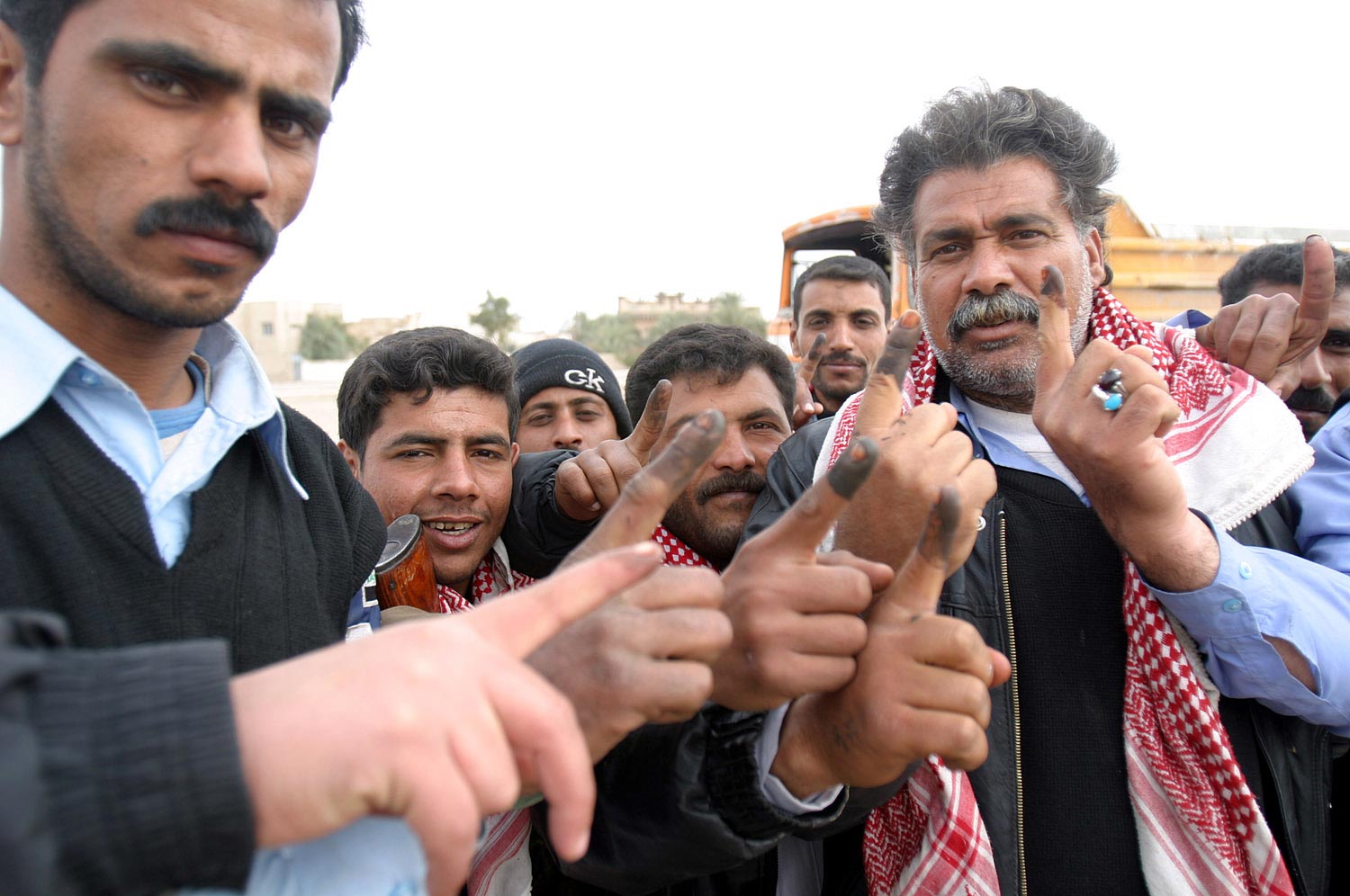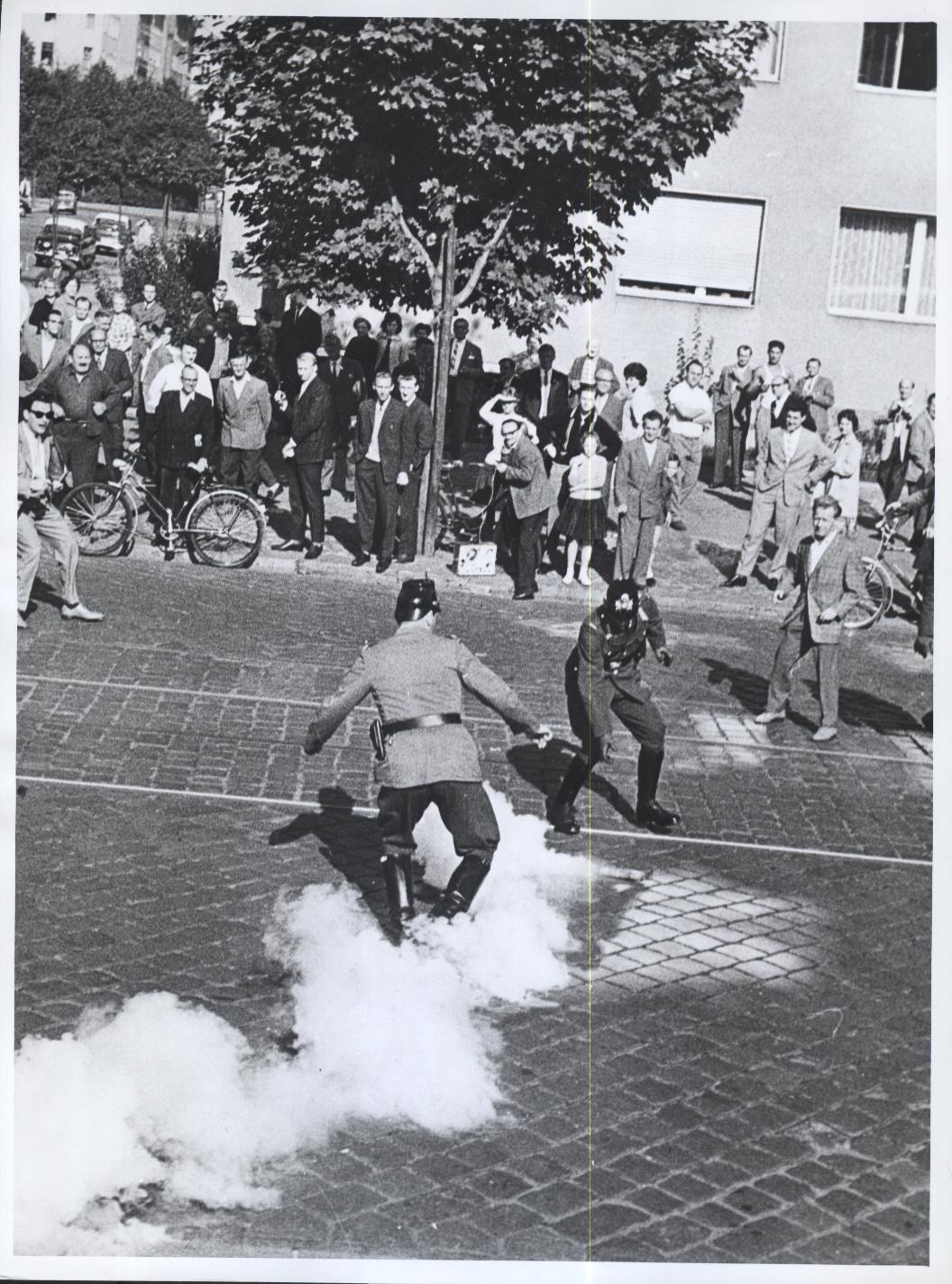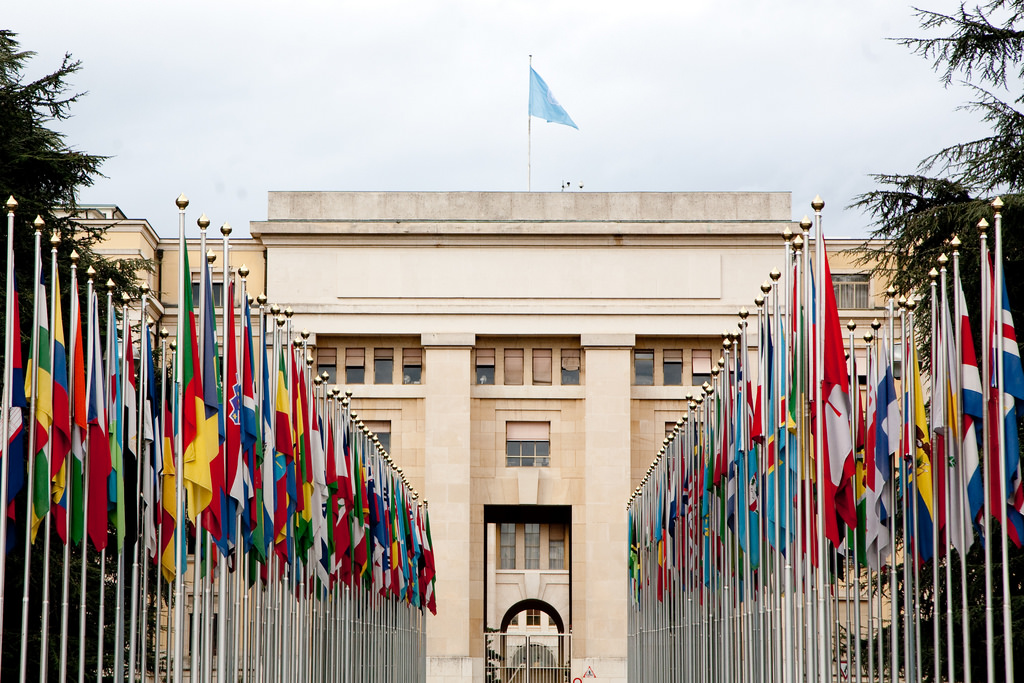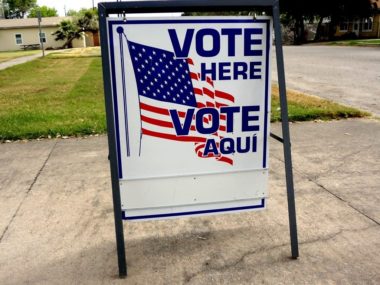Guest post by Ariel I. Ahram
The dramatic escalation of US-Iranian tensions affects no country more than Iraq. Foreign competition on Iraqi soil complicates an already deep crisis of domestic politics. Massive street protests have paralyzed Baghdad, Najaf, Nasiriya and other Iraqi cities since the fall of 2019. The protesters have evinced a broad sense of Iraqi nationalism, hostility to foreign meddling, and rejection of a political elite they view as inveterately self-serving and corrupt. Security forces and pro-government militias have responded with increasing violence, killing at least 500 demonstrators in the last few months. Prime Minister Adel Abdul-Mahdi’s resignation in late November cast the country into a constitutional grey zone, with only a tenuous caretaker government.
Reform of Iraq’s laws for electing parliament is one of the protesters key demands. Electoral systems are, as David Farrell puts it, the “cogs that keep the wheels of democracy properly functioning.” These systems inevitably involve trade-offs between the need to include the breadth of societal factions and groups on the one hand, and ensuring that legislators are accountable and can be recalled if they lose public confidence on the other. The design of electoral systems also, though, reflects the agendas of incumbent political factions who seek to use electoral institutions to protect their own interests. The key question in Iraq, then, is not who will be the next leader, but what procedures and institutions will be used to select her or him?
Iraq, like many countries with deep ethno-sectarian divisions or emerging from civil wars, adopted a system of proportional representation, wherein even second, third, and fourth place vote-getters were assured at least some representation. The idea was to ensure that every faction in Iraq’s diverse and ethno-sectarian mosaic had a seat at the governing table, creating a system conducive to consensus-building. Yet recent research have questioned the effectiveness of proportional representation as a bulwark against civil war recurrence. Moreover, proportional representation systems often grant party elites a kind of oligopolistic grip on power. In Iraq’s first elections in 2005, voters could select only parties, not the candidate. A 2010 reform allowed voters at least a choice of candidates in multiple member districts, but this scarcely diminished the party leaders’ prerogatives to divvy up political spoils as they negotiated party alliances.
Iraqis have proven increasingly weary of these arrangements. The recent Arab Barometer survey showed a steady decline in public confidence in all branches of government. Iraq routinely ranks among the most corrupt countries in the world. Iraq’s democracy typified what Rachel Kleinfeld and Elena Barham call “privilege violence,” with elite factions focused on gaining access to state resources, devolving power to private militias while neglecting matters of the public interest, such as economic development, education, and security. The surprise victory of the Saairun group in the 2018 election underscores this point. Saairun campaigned on good governance and criticized US and Iranian influences in Iraq. It won votes from disaffected Sunnis and Shi’is who felt betrayed by the existing political parties. Ultimately, though, Saairun allied with several of the establishment parties to form a governing, blunting any impetus for reform.
Just before Christmas parliament passed a new electoral law that provided for a new single member district voting. Similar to the British parliamentary system, there would be one representative elected per district. The seated parliament would then select the government. Many thought this winner-take all system would compel legislators to put local constituencies ahead of party politics. But the plan has not assuaged demonstrators. It left out crucial details on how to draw districts, an especially daunting challenge because Iraq lacks an up-to-date census. Furthermore, the bill did nothing to diminish the influence of party bosses on selecting the cabinet.
There are no easy formulas for making elections representatives and accountable, but there are still creative options worth considering. One is a mixed system that combines voting at the district level with a national-level at-large ballot. This would yoke national and local politics, forcing national parties to cultivate grassroots support. Two-tiered voting could complement Iraq’s long-promised devolution to provincial authorities. A single transferable vote system, allowing voters to rank their preferred candidates, is another possibility, and has shown promise in Northern Ireland and elsewhere in moderating ethnic conflict by inducing candidates to compete for second place position on voters’ ballot while maintaining legislative accountability.
Foreigners play too big a role in Iraqi politics. Turning the country into the cockpit of US-Iranian strife only makes the prospects of reform more difficult, as Iraqi journalist Rasha Al Aqeedi argues. Already protesters have been tarred as “pro-American” agents. But there is still room for the international community to help Iraqis weigh their options and gain technical expertise necessary for implementation. Whatever their ultimate decision, this deliberative process might be the most important step in avoiding future violence.
Ariel I. Ahram (@arielahram) is an associate professor in the Virginia Tech School of Public and International Affairs in Arlington. He is the author of Break All the Borders: Separatism and the Reshaping of the Middle East.








1 comment
The place the Iraqis should be looking to is Nigeria. The Nigerian presidential system has worked fairly well in a country with cleavage lines as strong as in Iraq and it fits with the idea of decentralization of government to regional levels. Further, it has several features (small states with strong governments, the president has to win a simple majority and 25% of the votes in 2/3rds of the states) that help development of strong national parties. The people who thought up the constitution of the Fourth Republic were very astute and had generations of experience with different governmental institutions to draw on. The Iraqis would be wise to follow their example.